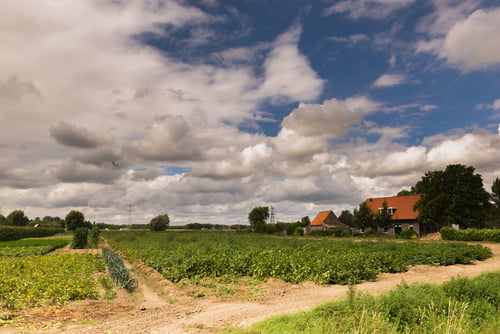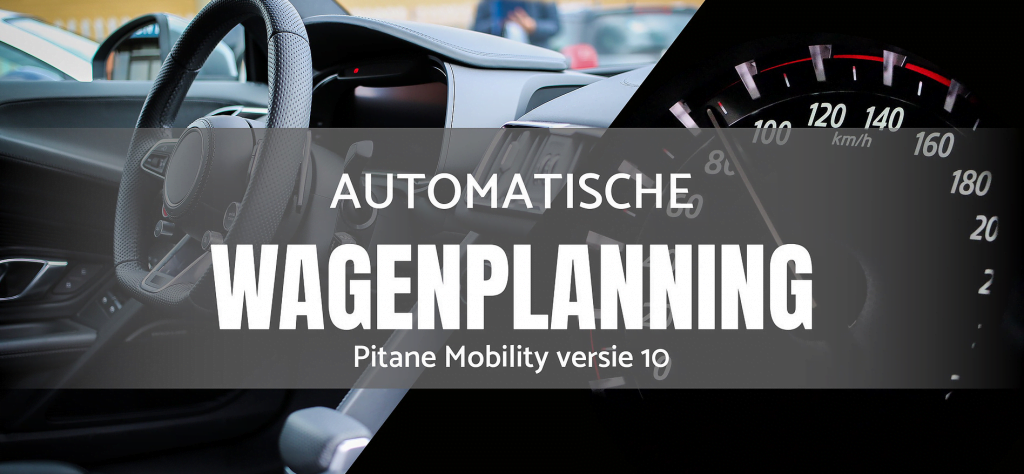The concerns of seniors in shrinking areas are increasing with the disappearance of all kinds of facilities, such as the bus stop, the ATM and the post office. This is evident from research by senior organization KBO-PCOB. 61% of this group who live in a shrinking area, such as East Drenthe and Hoeksche Waard, says it is already experiencing problems with the accessibility of (public) facilities.
This is a big difference with the seniors who do not live in a shrinking area (22%). The main concerns, for both groups, are the accessibility of public transport stops and ATMs (and bank branches).
Worries grow with age. Four in ten seniors from the shrinking areas expect more problems when they can no longer drive a car and are dependent on informal care. Seven in ten seniors, regardless of where they live, believe that the government should take more care of the inhabitants of shrinking areas.
'The population is getting older. This will be especially noticeable in shrinkage areas. These seniors also want to be able to remain active in all kinds of areas. This means that investments must be made in the shrinking areas. ' , says Manon Vanderkaa, director of KBO-PCOB.
The group who do not live in a shrinking area experience other types of problems in their living environment. They also mention nuisance (neighbors, traffic, drugs), poor accessibility on the street, lack of available (senior) homes and crowds as a problem.
Regarding the crowds, a large proportion (58%) of seniors agree on one thing, regardless of where they live: the shrinking area also has its advantages, such as tranquility and the tightness of the population.
Read also:
280 new De Lijn screens say exactly when your tram or bus is coming



